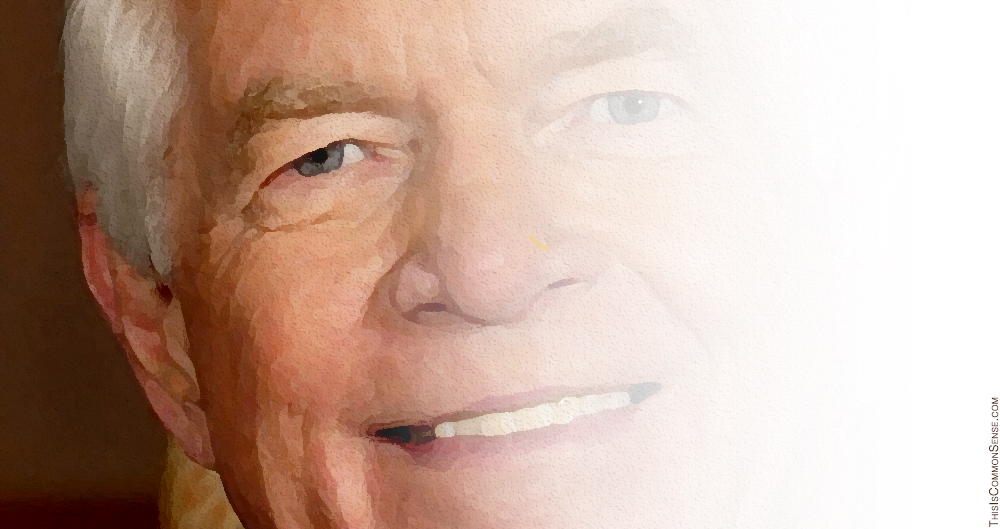Senator Thad Cochran sure is experienced: eight years in the House of Representatives followed by 36 years in the upper chamber. So who better to chair the powerful Senate Appropriations Committee?
Rephrase that: who wouldn’t be better?
“The 79-year-old Cochran appeared frail and at times disoriented during a brief hallway interview on Wednesday,” Politico reported. “He was unable to answer whether he would remain chairman of the Appropriations Committee, and at one point, needed a staffer to remind him where the Senate chamber is located.”*
The senator also allegedly had trouble correctly casting his vote on legislation, i.e. deciding between yea and nay.
The Mississippi Republican “has faced questions about his health for the past several years,” the article noted, adding, however, that “his aides and political allies insisted he was fine.”
Fine?
That seems to be the party line. “Top Senate Republicans say they are not pressuring Cochran to retire or step down as Appropriations Committee chairman,” acknowledged Politico.
Why not? Were Cochran to step down — in 2020 or sooner — his replacement would likely be more aligned with President Trump than with Senate Majority Leader Mitch McConnell and the Republican congressional establishment.
Super-incumbent Cochran only narrowly survived a 2014 challenge from a more conservative candidate in the GOP Primary. How? By mobilizing Democrats to cross over and vote for the more liberal Cochran.
A statesman steps down when no longer able to perform effectively. But the Establishment, on the other hand, sees Cochran’s role not as a representative but as a placeholder.
For their power.
This is Common Sense. I’m Paul Jacob.
* Opponents of term limits always told us that it would take six or eight years for newbie legislators to find the capitol’s bathrooms. That hasn’t turned out to be accurate, but obviously finding the Senate chamber, even after four decades in the capitol, is no gimme.











